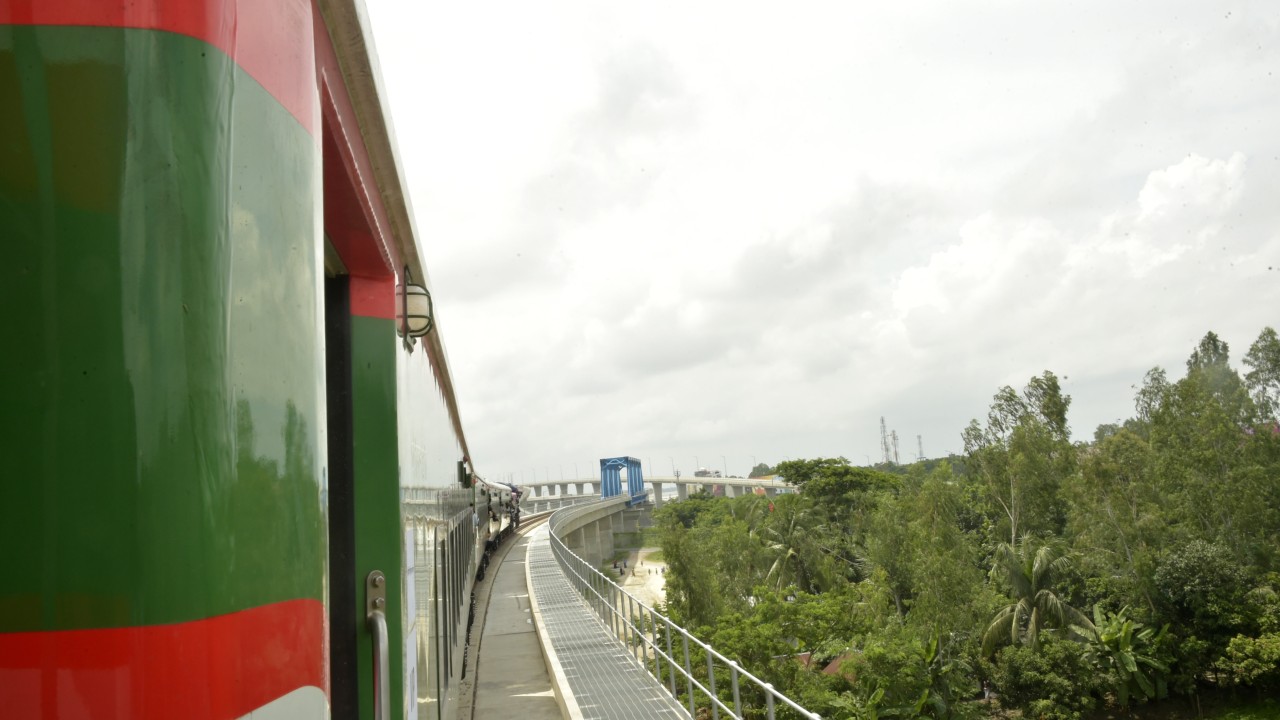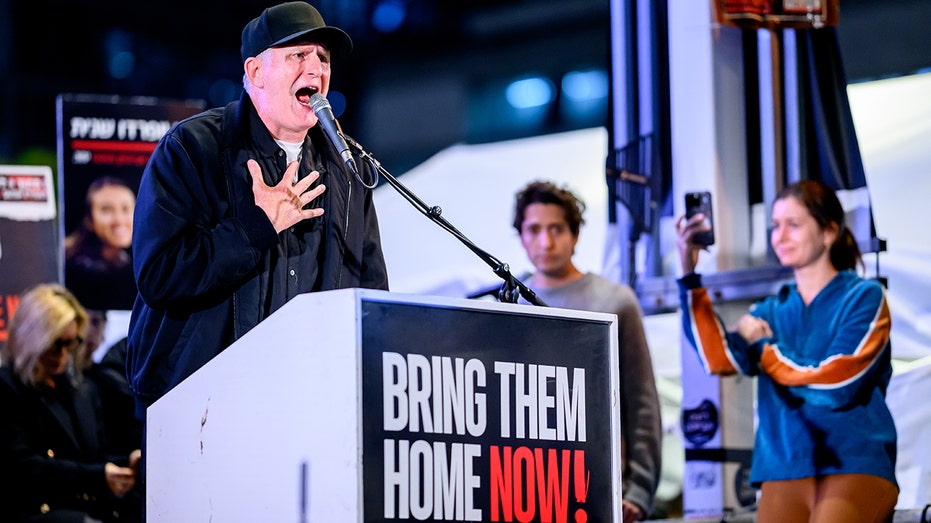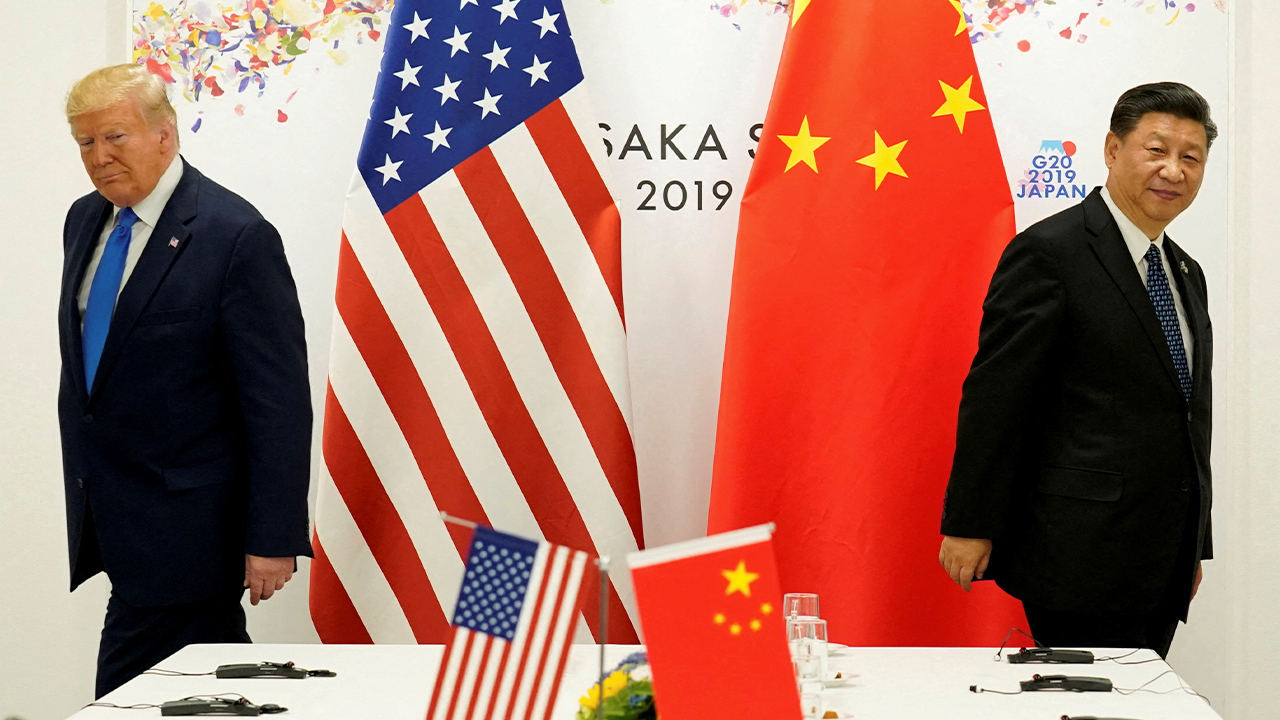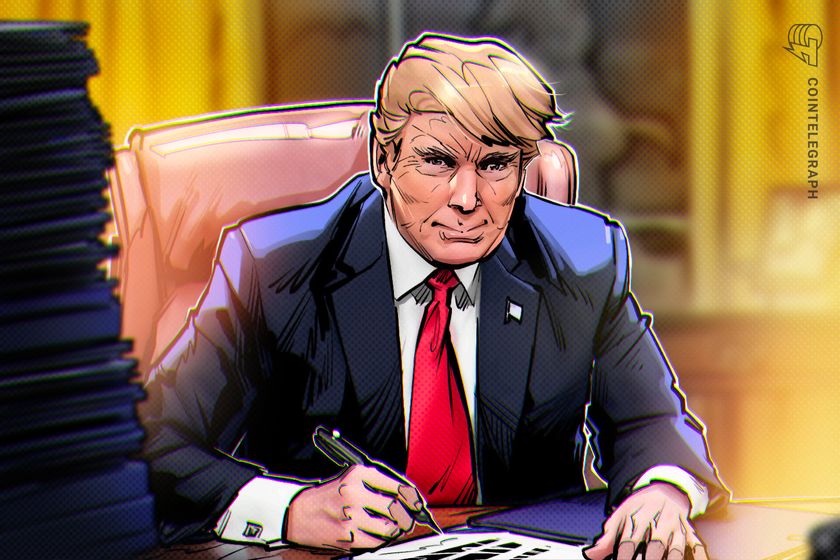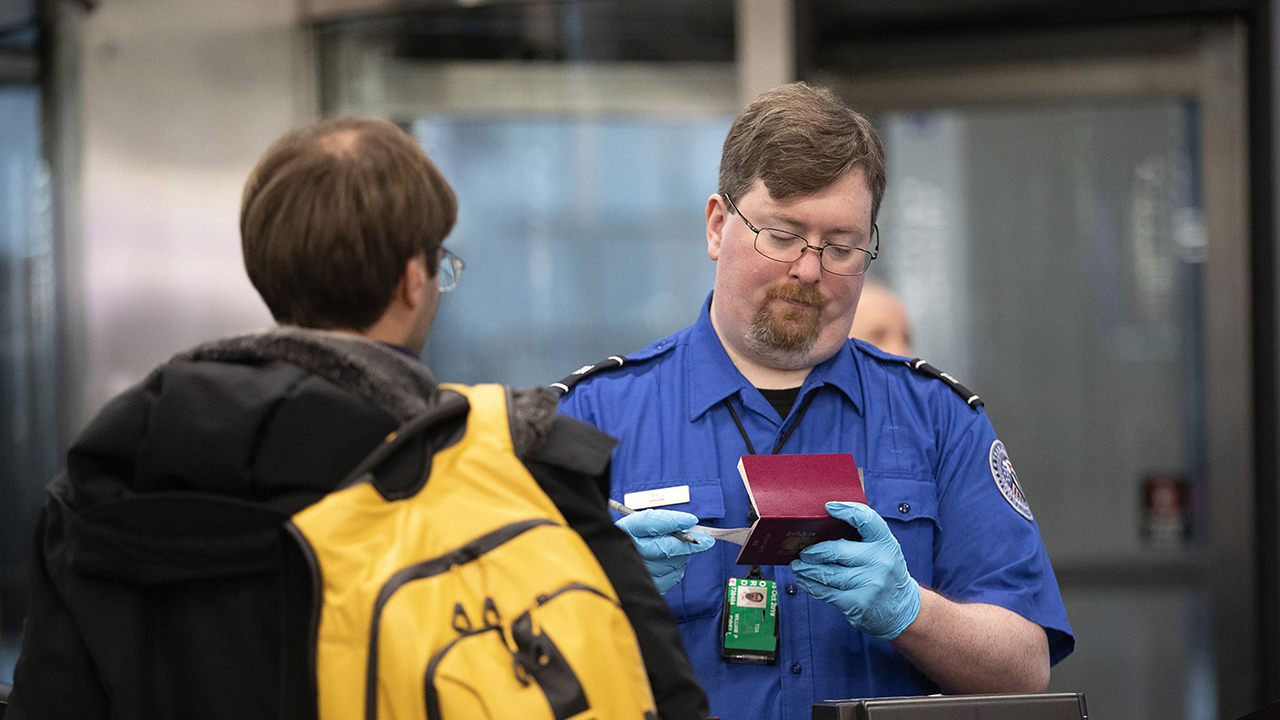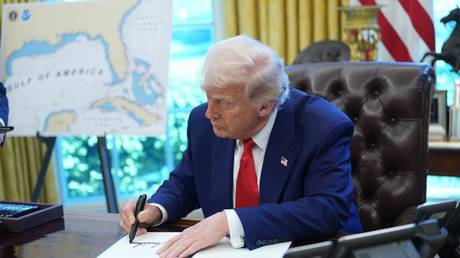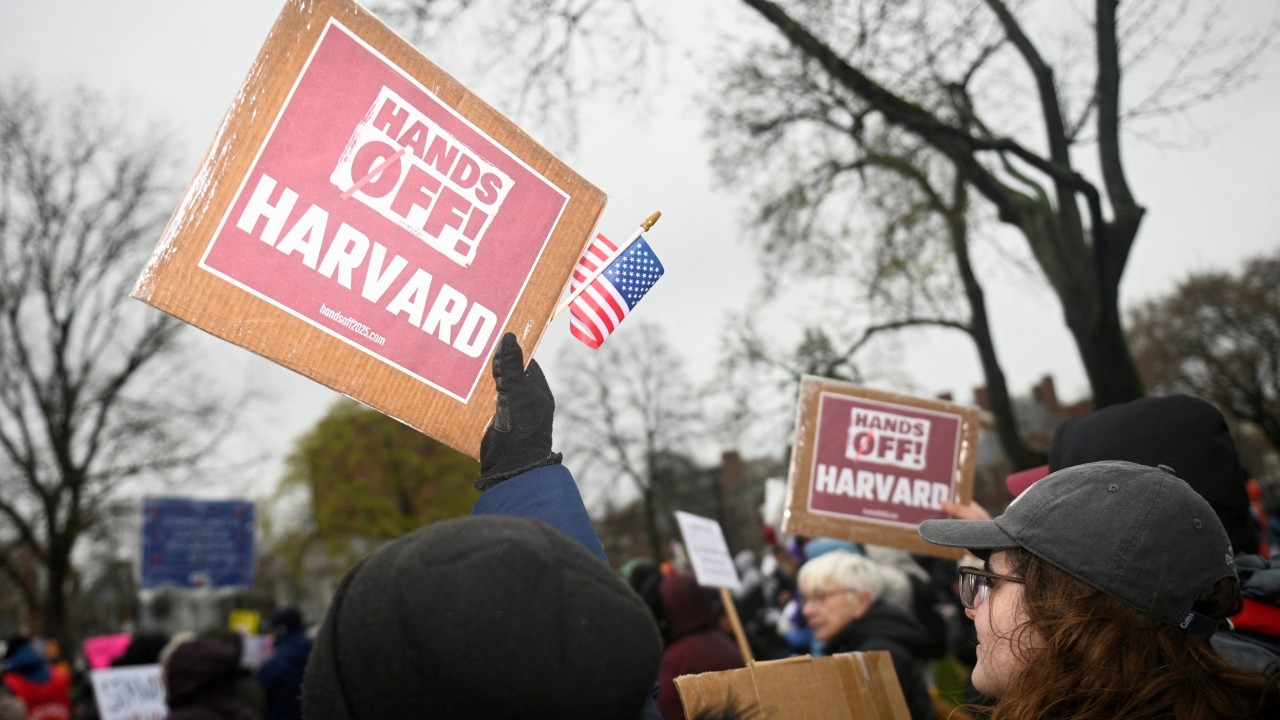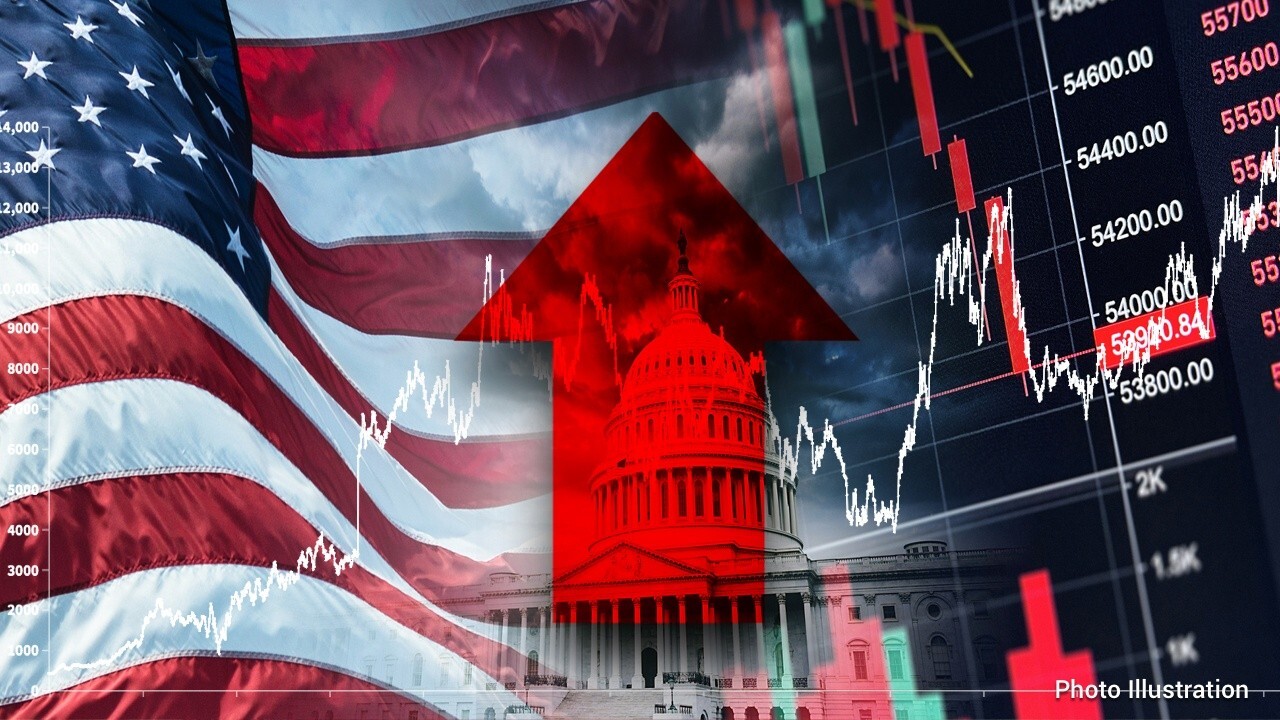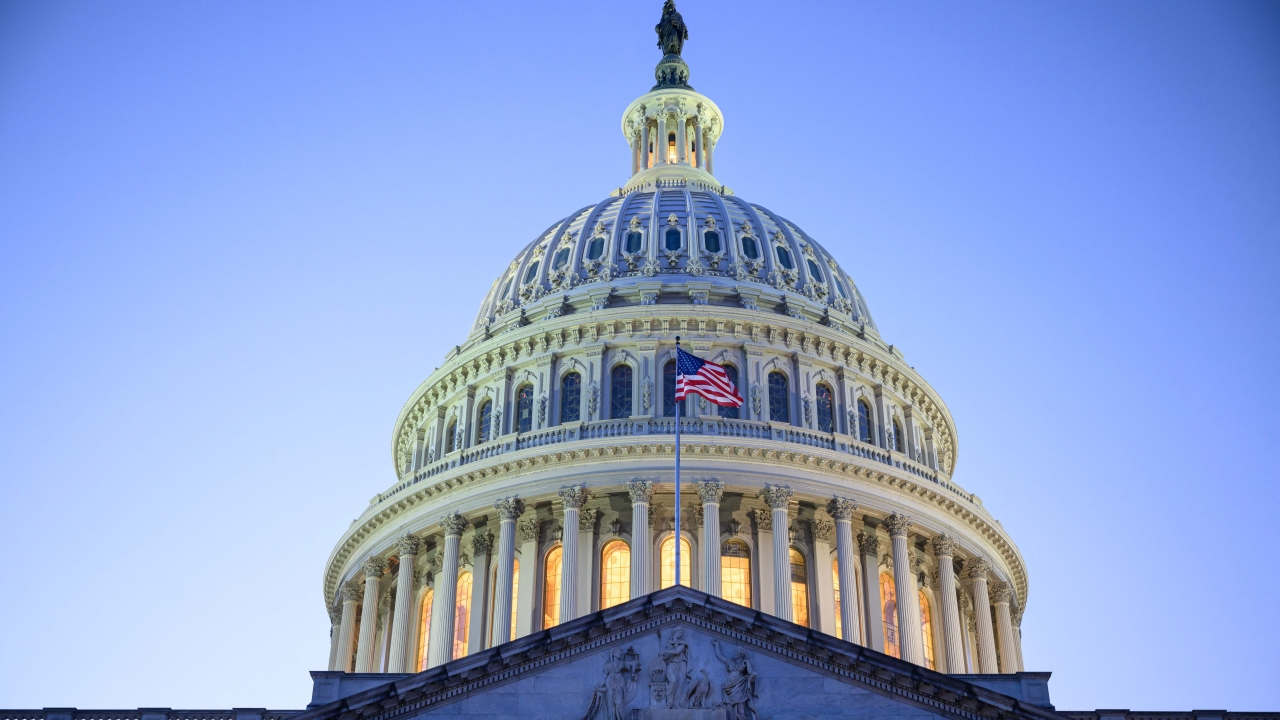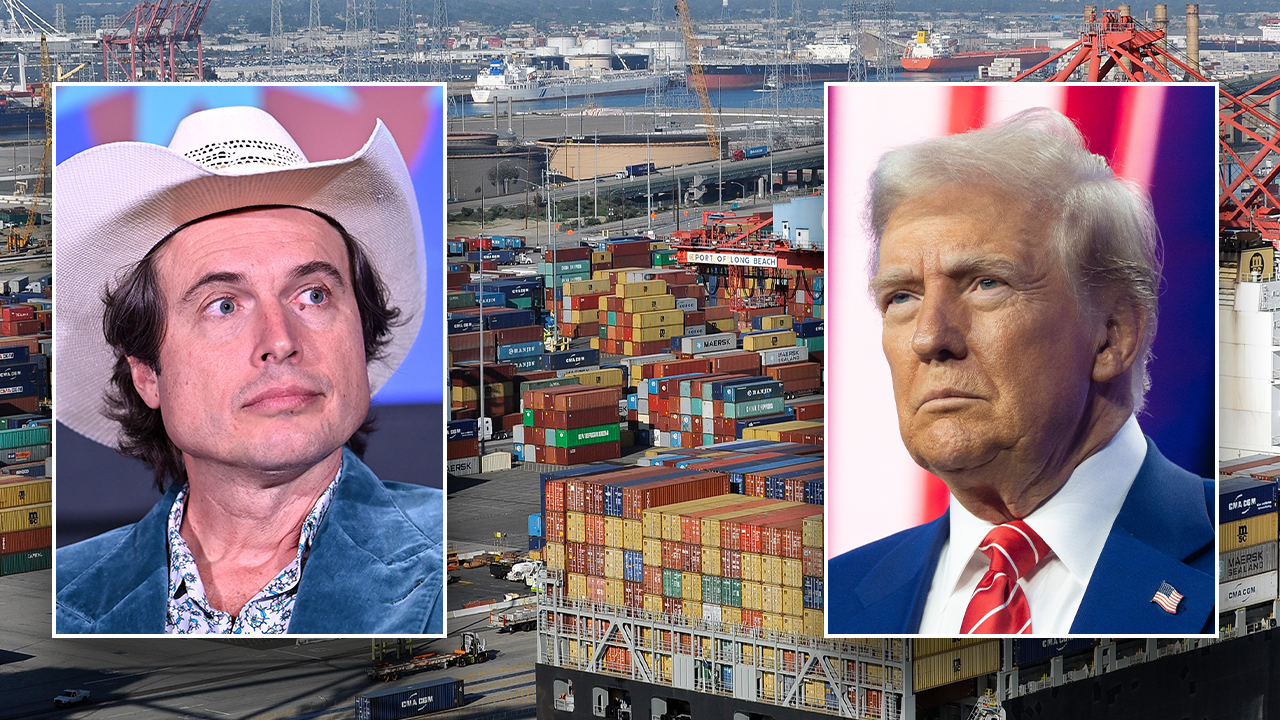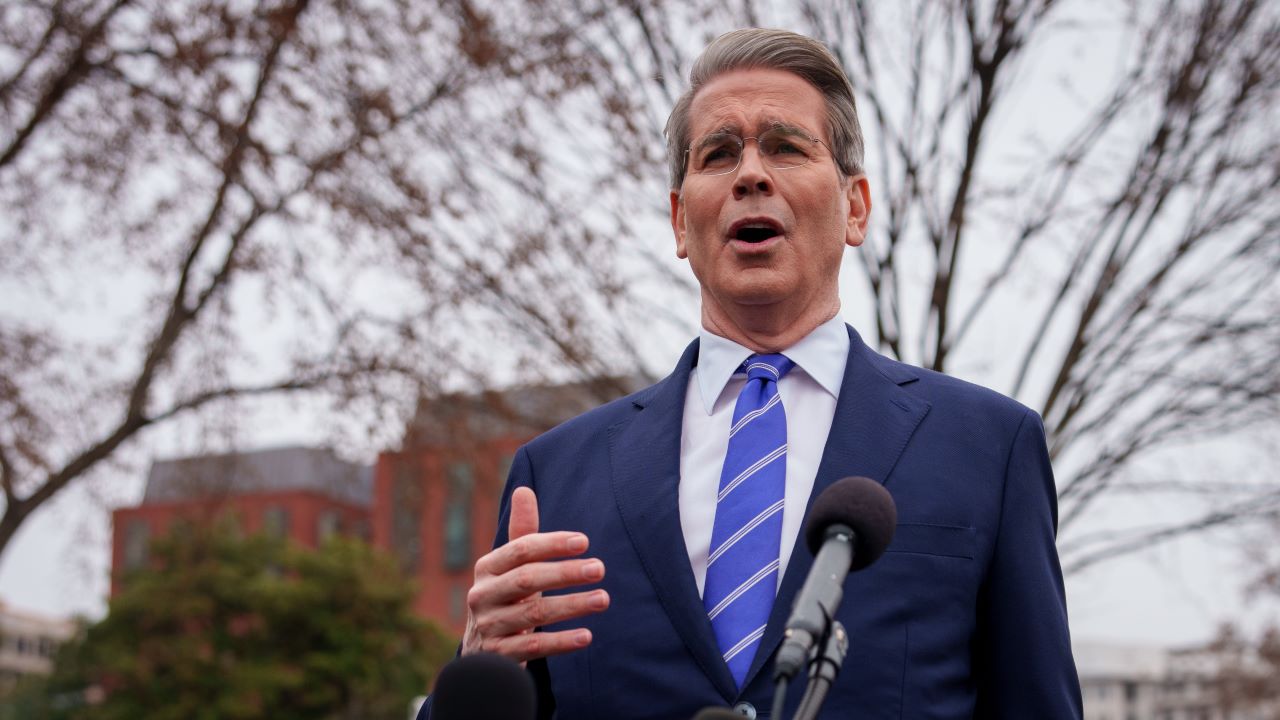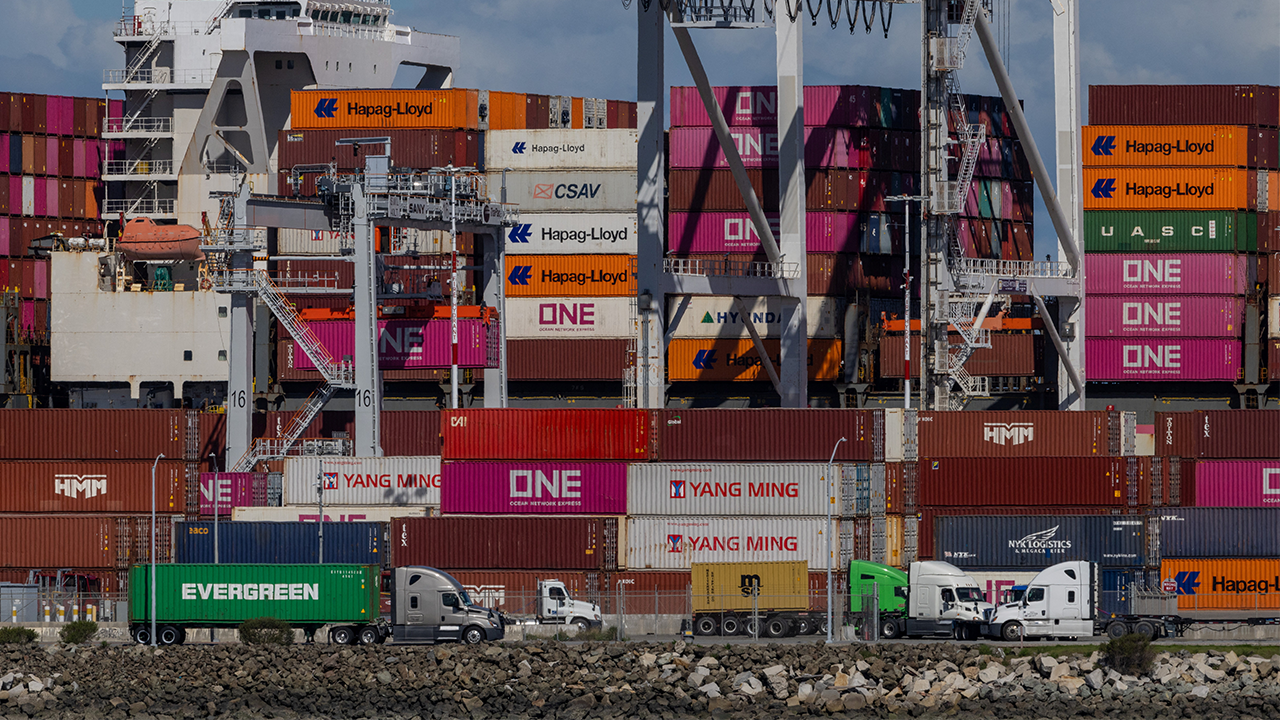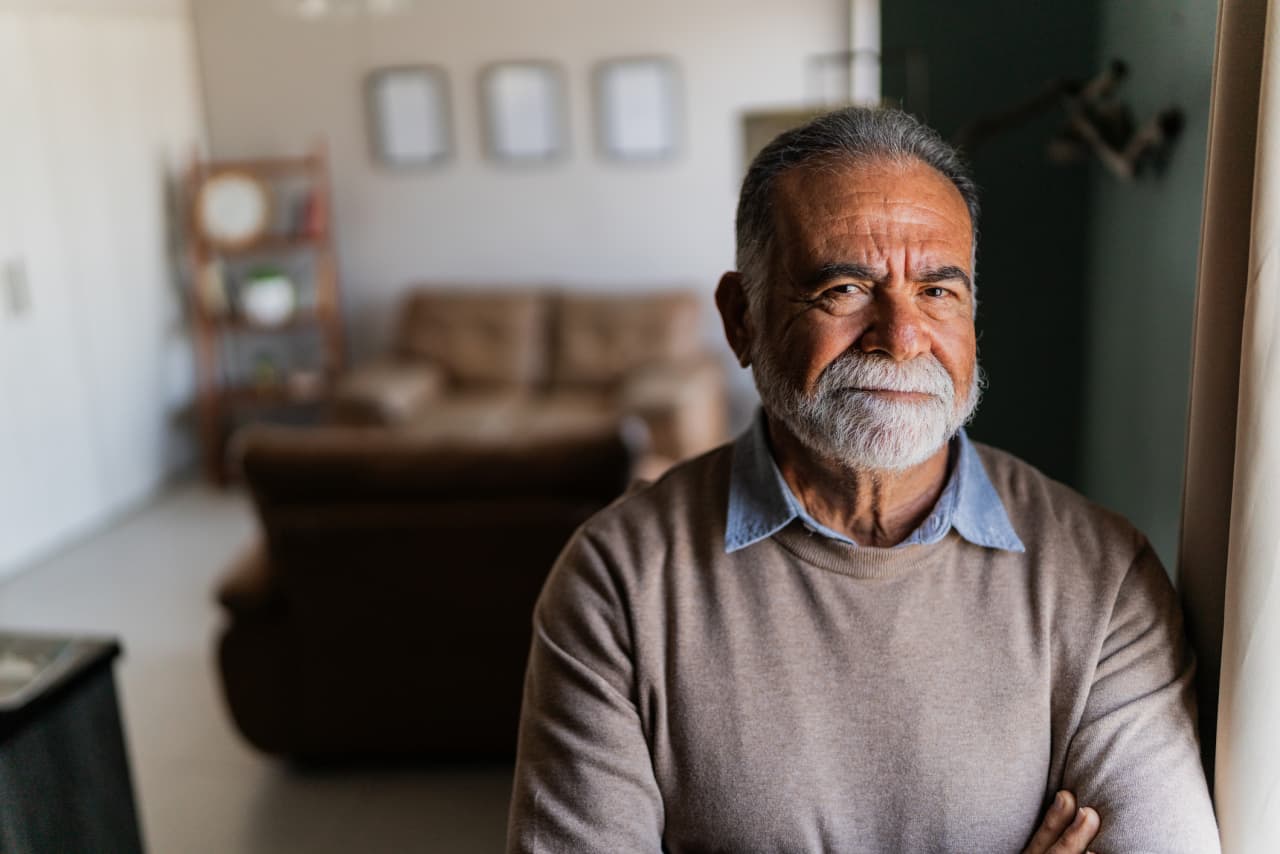Vietnam prepared to crack down on Chinese trade to avoid Trump tariffs: report
Vietnam is prepared to crack down on Chinese goods being shipped to the U.S. via its own territory to avoid crippling U.S. tariffs, according to a new report.
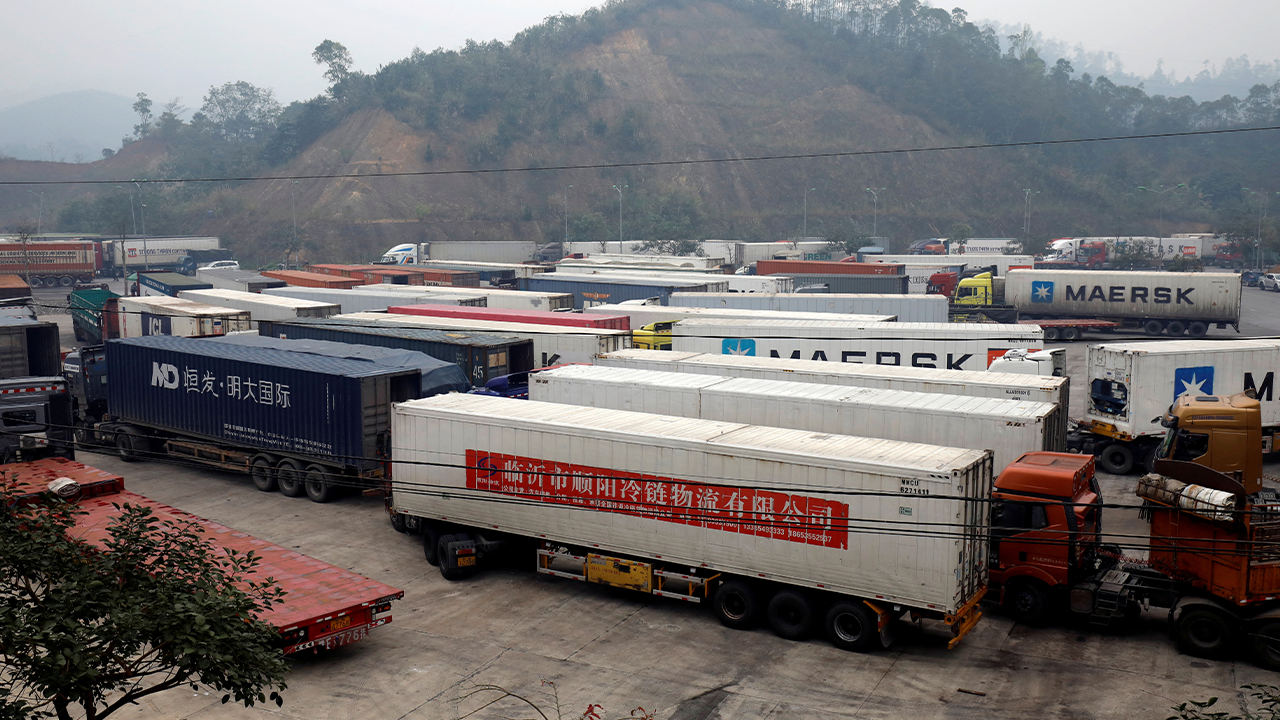
Vietnam is reportedly prepared to crack down on Chinese goods being shipped to the U.S. via its own territory to avoid crippling U.S. tariffs.
The offer, reported initially by Reuters, came as senior U.S. officials – including White House trade advisor Peter Navarro – raised concerns about Chinese goods being sent to America with "Made in Vietnam" labels that draw lower duties.
Vietnam has for weeks been offering sweeteners that it hoped would persuade the Trump administration to take a benign view of its huge trade surplus with America. Instead, it was hit with a 46% tariff as part of Trump's "Liberation Day."
While the tariff has been suspended for 90 days, the two countries agreed to start talks after a Wednesday meeting between Vietnamese deputy prime minister and the U.S. trade representative.
CHINA INCREASES TARIFFS ON US IMPORTS TO 125% FROM 84% AMID ONGOING TRADE WAR
Export-reliant Vietnam is hoping to get the duties reduced to a range of 22% to 28%, if not lower, according to three people with knowledge of the matter.
In announcing the start of trade talks with the U.S. on Thursday, Vietnam's government said it would crack down on "trade fraud," though it did not elaborate.
Many global corporations have for years implemented a "China plus one" policy of setting up factories in Vietnam to reduce exposure to Beijing.
The Southeast Asian nation is caught in a delicate balancing act as it tries to preserve trade with the U.S., its largest export market and a security partner, while not antagonizing China, which serves as a top source of investment and a neighbor.
Vietnam's Government Office, a body that coordinates between its ministries, held an emergency meeting with government trade experts on April 3, hours after Trump announced the tariffs. The aim was to address Washington's concerns over alleged intellectual property theft and transhipment abuses, according to a person briefed on the meeting.
At the meeting, trade ministry and customs officials were told to tighten controls and were given two weeks to devise a plan to clamp down on illicit transshipment, which is when one country sends goods to a nation facing lower tariffs from a third country, to which the product is re-exported without having value added.
Many of the goods exported by Vietnam to the West have Chinese-made inputs, and Chinese companies have also established factories in the country to serve U.S. customers. In many instances, Vietnamese workers process the goods, which are then legally shipped to the U.S. under a "Made in Vietnam" label.
U.S. officials have alleged that China uses Vietnam as a conduit to obtain lower tariffs for goods that do not have significant Vietnamese involvement.
Vietnam is also implementing tougher measures on sensitive goods that flow through its territory from the U.S. to China. The country intends to tighten controls around the export of dual-use goods like semiconductors, which can be used for both civilian and military purposes, according to a draft decree reviewed by Reuters.
CLICK HERE TO GET FOX BUSINESS ON THE GO
The document said that major trading partners had requested that Hanoi "minimize the possibility of these source technologies being transferred to third countries without the consent of the exporting country."
Reuters contributed to this report.
What's Your Reaction?







